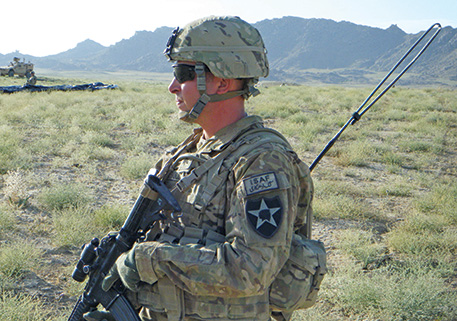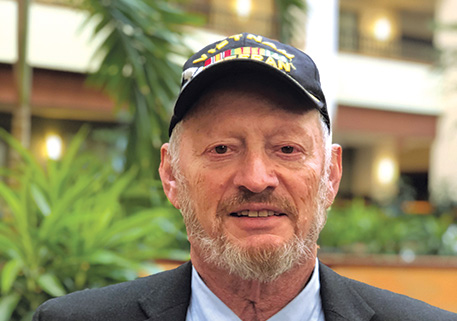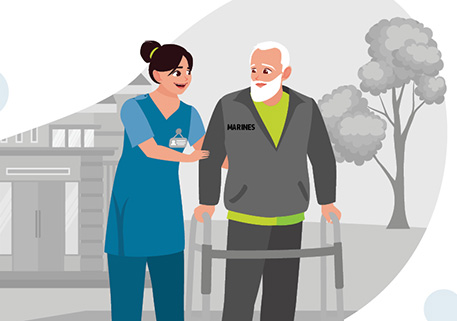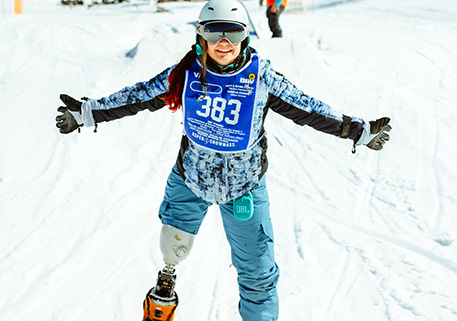
We had a busy and productive first session of the 116th Congress. In 2019, DAV’s National Legislative Department testified at 25 congressional hearings on behalf of our nation’s wartime service-disabled veterans.
After years of fighting to correct an injustice for disabled Vietnam veterans, DAV was proud to announce the president signed into law the Blue Water Navy Vietnam Veterans Act of 2019 (P.L. 116–23). However, oversight will be needed to ensure proper adjudication of these disability claims, and we must ensure all eligible veterans who became ill due to Agent Orange exposure while serving in the waters off the shores of Vietnam receive their earned benefits and health care.
We also saw significant progress last year on another key legislative priority— improving services to our nation’s women veterans. Last spring, House Veterans’ Affairs Committee Chairman Mark Takano announced the establishment of a congressional women veterans task force, to be led by Rep. Julia Brownley, in an effort to help identify and eliminate barriers women veterans face accessing VA benefits, programs and health care services.
To kick off the work of the task force, a series of meetings, congressional hearings and roundtables were held to discuss the most pressing issues impacting women veterans. As a result, the House passed H.R. 3224—the Deborah Sampson Act—a comprehensive bill encompassing many recommendations from DAV’s report Women Veterans: The Journey Ahead to improve women veterans’ health care and the culture at the VA. While we were pleased to see forward momentum of this important legislation, we will need to continue our advocacy efforts in the Senate to get this bill passed.
We’re also going to push hard on the VA to resolve IT barriers that have reportedly delayed implementation of the comprehensive caregiver program, which—under the VA MISSION Act—opens up caregiver benefits to veterans injured before Sept. 11, 2001. Veteran caregivers have waited too long, and delays in expanding this critical program are unacceptable.
While there were many successes in 2019, there is still important work to do. This year we will be focused on passing legislation that would concede exposure to toxins from burn pits, making it easier to establish service connection today and presumptive diseases in the future. We will also advocate for improved mental health programs, suicide prevention efforts, and benefits for family and survivors.
To achieve our legislative goals, DAV’s grassroots advocacy will continue to be essential. To make sure your voice is heard, please join us February 23–26 at the 2020 DAV Mid-Winter Conference as we take our message to Capitol Hill.
Learn more
Sign up at DAVCAN.org to receive alerts to let your elected officials know how they can help to keep our promises to America’s service-disabled veterans, their families and survivors.






